Discover Your Roots
SIGN UPDiscover Your Roots
SIGN UPEtta is a female name of English origin, meaning "Ruler Of The Home." It is a name that signifies leadership and authority within the household. Additionally, Etta is also associated with several places in the United States, including Mississippi, Oklahoma, South Dakota, and Virginia. Furthermore, the name is linked to various individuals and fictional characters, as well as the abbreviation for the English Table Tennis Association, now known as Table Tennis England. The name Etta carries a strong and empowering meaning, reflecting qualities of strength and guidance within the home.
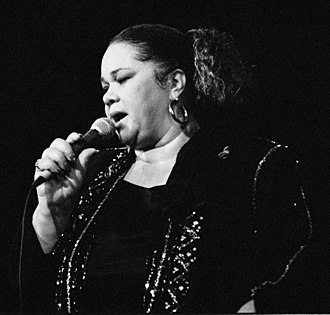
Etta James, born Jamesetta Hawkins on January 25, 1938, in Los Angeles, California, was a legendary American singer and songwriter, known for her powerful and versatile voice. She began her career in the 1950s, performing across various genres including gospel, blues, jazz, R&B, rock and roll, and soul. Some of her most famous hits include "At Last," "Something's Got a Hold on Me," "Tell Mama," and "I'd Rather Go Blind." Despite facing personal struggles, including addiction and abuse, she made a remarkable musical comeback in the late 1980s with the album "Seven Year Itch" and went on to win three Grammy Awards and 17 Blues Music Awards. Etta James was inducted into the Rock and Roll Hall of Fame, the Grammy Hall of Fame, and the Blues Hall of Fame. Known for her distinctive voice, she was ranked among the greatest singers and artists of all time by Rolling Stone magazine and Billboard. Etta James has left an enduring legacy as "one of the greatest voices of her century" and "forever the matriarch of blues," as recognized by the Rock and Roll Hall of Fame. Her contribution to music continues to inspire and influence countless artists and fans worldwide.
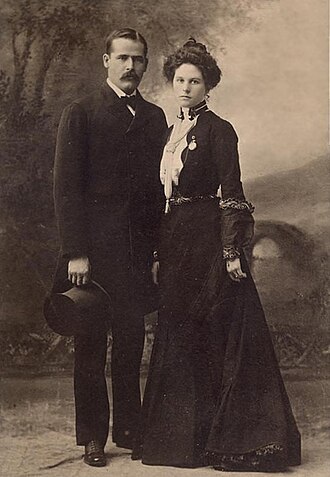
Etta Place, whose real identity remains a mystery, was a companion to the notorious outlaws Butch Cassidy and the Sundance Kid. Not much is known about her, including her origins and fate. Various theories suggest that she might have been Ethel Bishop, a woman with a multifaceted background, or even Ann Bassett, a cattle rustler who shared physical similarities with Place. There were also speculations linking her to Eunice Gray, a Fort Worth local, but these theories were later disproven. After her time with the outlaws, Place's whereabouts and fate continued to be a subject of debate. Some claim she returned to the United States, while others believe she remained in South America, with rumors suggesting she married a wealthy man in Paraguay or met a tragic end in Argentina. Despite the various theories and reports, the true story of Etta Place remains shrouded in mystery, leaving historians and enthusiasts intrigued by the enigmatic figure.
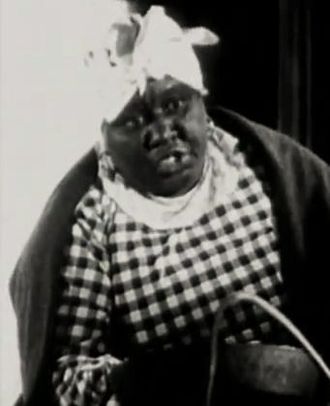
Etta McDaniel (December 1, 1890 – January 13, 1946) was a talented American actress known for her appearances in over 60 films between 1933 and 1946. Born in Wichita, Kansas, she began her entertainment career as a member of minstrel shows and later co-launched an all-female minstrel show with her sister, Academy Award-winning actress Hattie McDaniel. Etta's feature film debut was in the iconic 1933 film "King Kong," where she portrayed the native woman who saves her baby from the giant gorilla. Throughout her career, she often played supporting roles, including uncredited appearances as maids and nannies in various films. Despite her significant contributions to the film industry, Etta McDaniel passed away at the age of 55 in Los Angeles, California. Her legacy lives on through her notable filmography and the impact she had on the entertainment world.
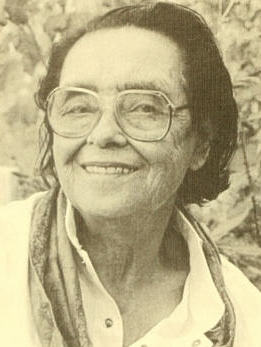
Etta Baker (1913–2006) was a renowned American Piedmont blues guitarist and singer from North Carolina. Born Etta Lucille Reid in Caldwell County, North Carolina, she was of African-American, Native American, and European-American heritage. Baker began playing guitar at the age of three under the guidance of her father, Boone Reid, a seasoned Piedmont blues musician. She played both the 6-string and the 12-string acoustic guitar and the five-string banjo, showcasing her exceptional musical talent. Despite facing personal tragedies, including the loss of her husband and a son, Baker's passion for the blues remained unwavering. Her exceptional musical prowess and unique style influenced many well-known artists such as Bob Dylan, Taj Mahal, and Kenny Wayne Shepherd.Throughout her illustrious career, Baker received numerous accolades, including the North Carolina Folk Heritage Award, a National Heritage Fellowship, and the prestigious North Carolina Award. Her contributions to music were further recognized with nominations for Blues Music Awards. Baker's discography includes notable albums such as "One-Dime Blues," "Railroad Bill," and collaborations with renowned artists like Taj Mahal and Kenny Wayne Shepherd.Etta Baker's legacy continues to inspire and enrich the world of blues music, leaving an indelible mark on the genre.
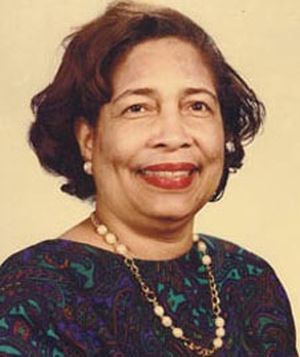
Etta Zuber Falconer (November 21, 1933 – September 19, 2002) was an influential American educator and mathematician, renowned for her dedication to increasing the representation of African American women in mathematics and science-related careers. Falconer's illustrious career was largely spent at Spelman College, where she held various roles, including department head and associate provost. Notably, she was among the early African American women to earn a Ph.D. in mathematics. Falconer's commitment to education and advocacy extended beyond the classroom, as she collaborated with esteemed organizations such as the American Mathematical Society and the Association for Women in Mathematics to inspire and empower aspiring African American women in the field of mathematics. Throughout her career, Falconer received numerous accolades, including the UNCF Distinguished Faculty Award and the American Association for the Advancement of Science Mentor Award for Lifetime Achievement. Her significant contributions were recognized posthumously, with the AWM/MAA Falconer Lecture being renamed in her honor. Falconer's indelible legacy continues to inspire future generations of mathematicians and educators.
All images displayed on this page are sourced from Wikipedia or Wikimedia Commons.We use these images under their respective Creative Commons or public domain licenses. Wherever applicable, author attributions and license information are provided. If you believe an image is used incorrectly or outside its license terms, please contact us so that we can review and correct the issue.